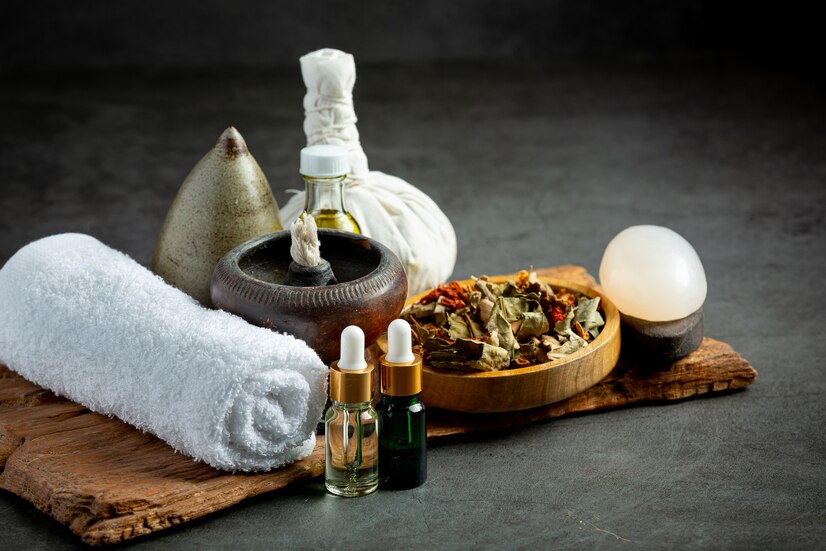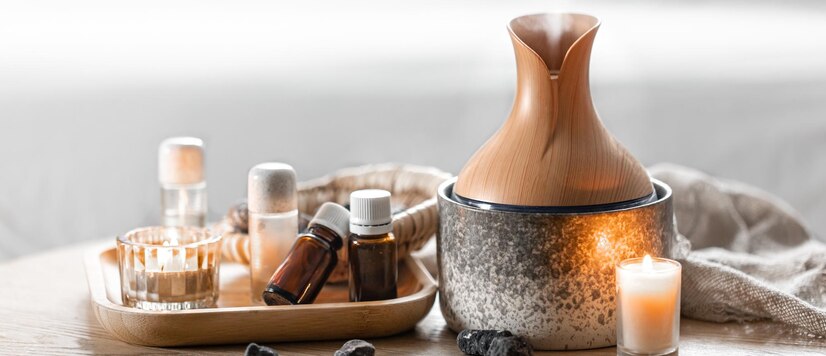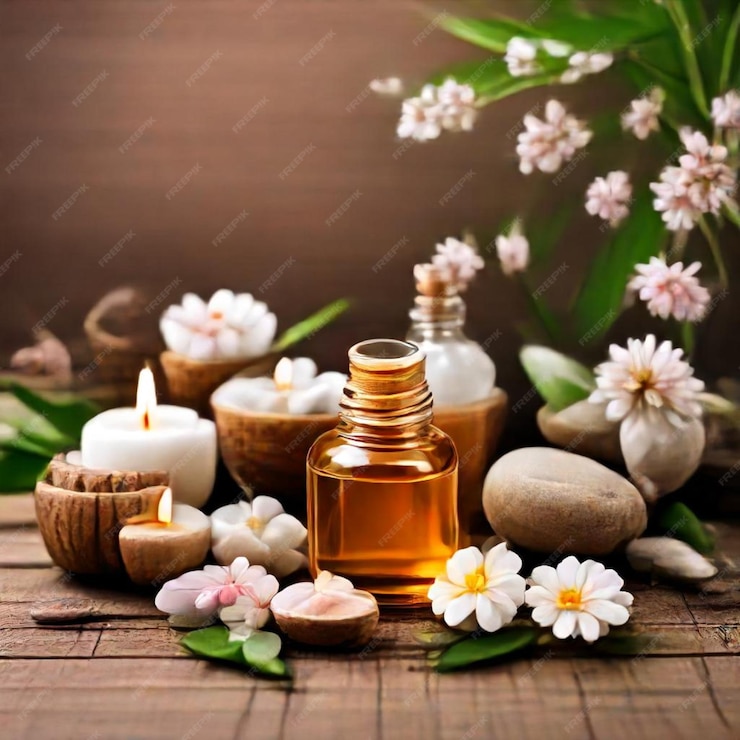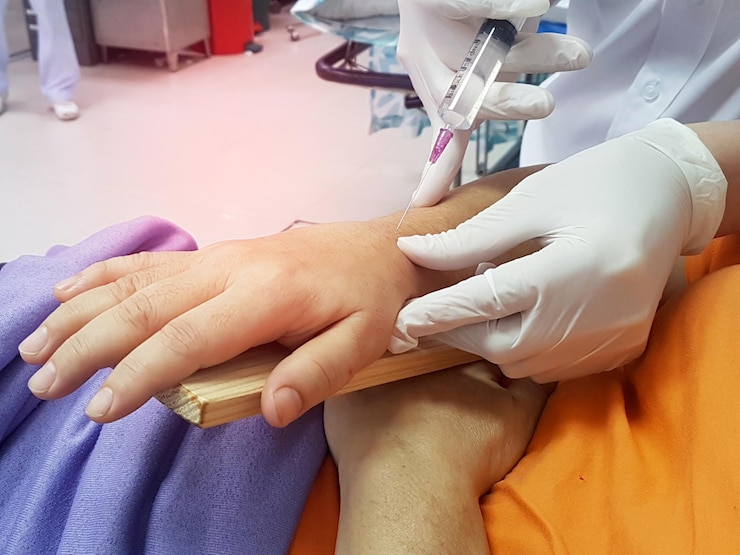Discover the Healing Powers of Aromatherapy Clinical Benefits for Better Health

In a world that often feels dominated by modern medicine, it’s easy to overlook the therapeutic benefits of ancient practices like aromatherapy. But clinical aromatherapy is making a powerful comeback, and it’s not just about pleasant scents—it’s about harnessing the natural healing properties of essential oils to improve health and well-being. If you’re a wellness enthusiast or someone seeking alternative treatments, this blog post is for you. We’ll explore the multiple advantages of clinical aromatherapy, backed by science and real-world applications.
What is Clinical Aromatherapy?
Before we dive into the benefits, it’s essential to understand what clinical aromatherapy is. Unlike general aromatherapy, which you might experience in spas, clinical aromatherapy involves the targeted use of essential oils for therapeutic benefits. These oils are derived from plants and are used to treat various physical and emotional ailments. Healthcare professionals often incorporate them into treatment plans for more holistic care.
Clinical aromatherapy is not simply about enjoying a fragrant environment. It’s about using essential oils with specific chemical properties to achieve targeted health benefits. From pain management to stress reduction, this approach aligns closely with evidence-based medicine.
A Brief History of Aromatherapy
Aromatherapy has roots that stretch back thousands of years. Ancient civilisations, including Egyptians, Greeks, and Romans, used essential oils for medicinal and cosmetic purposes. While modern medicine has largely overshadowed these practices, the efficacy of essential oils has been remembered. Today, clinical aromatherapy is a refined practice backed by scientific research and applied in healthcare settings to provide holistic care.
The resurgence of this ancient practice is no accident. Advances in technology have allowed scientists to understand better the chemical compositions of essential oils and their impacts on the human body. This blend of old and new makes clinical aromatherapy a fascinating area of study and application. Consider Learn Clinical Aromatherapy.
How Does Clinical Aromatherapy Work?
You might wonder how a few drops of oil can make a significant difference in health. Clinical aromatherapy works through skin absorption and inhalation. When inhaled, the essential oils interact with the brain’s limbic system, which is responsible for emotions and memory. When applied to the skin, they are absorbed into the bloodstream and target specific ailments.
The skin absorption route is particularly effective for localized treatments, such as pain relief or skin conditions. Inhalation, on the other hand, is excellent for mood enhancement and respiratory issues. Understanding the mechanisms behind these methods helps validate their effectiveness and ensures they are used appropriately.
Stress Relief and Mental Well-being
One of the most well-known benefits of clinical aromatherapy is its ability to alleviate stress and improve mental well-being. Essential oils like lavender, chamomile, and bergamot have calming properties that reduce anxiety and promote relaxation. Studies have shown that these oils can lower cortisol levels, the body’s primary stress hormone.
Incorporating essential oils into your daily routine can be a simple yet effective way to manage stress. Whether through a diffuser, a bath, or direct inhalation, the calming effects are almost immediate. This makes aromatherapy an excellent option for those looking to improve their mental health naturally.

Pain Management
Pain management is another significant benefit of clinical aromatherapy. Essential oils like peppermint, eucalyptus, and ginger have analgesic and anti-inflammatory properties. They are often used to treat chronic conditions like arthritis, migraines, and muscle pain. A study published in the Journal of Pain Research found that patients who used essential oil blends experienced significant reductions in pain levels.
Applying essential oils directly to the affected area can offer quick relief. When combined with massage, these oils can penetrate deeper into the tissues, providing more sustained pain relief. This makes clinical aromatherapy a valuable tool for managing both acute and chronic pain conditions.
Improved Sleep Quality
Need help with insomnia or poor sleep quality? Clinical aromatherapy can help. Essential oils like lavender and sandalwood are known for their soothing properties. They can help regulate sleep patterns and improve overall sleep quality. Research has shown that aromatherapy can increase the production of melatonin, the hormone responsible for sleep regulation.
Using a diffuser in your bedroom or applying a few drops of essential oil to your pillow can significantly enhance your sleep quality. The calming scents help you relax and prepare your mind and body for a restful night’s sleep. This can be especially beneficial for those who suffer from chronic sleep disorders.
Boosting Immunity
In today’s world, having a robust immune system is more critical than ever. Essential oils like tea tree, eucalyptus, and lemon have antimicrobial and antiviral properties that can help boost your immune system. These oils can be diffused in the air to purify your environment or applied topically to ward off infections.
Regular use of immune-boosting essential oils can provide an added layer of protection against illnesses. This is particularly useful during flu season or for individuals with compromised immune systems. By incorporating these oils into your daily routine, you can naturally enhance your body’s defences.

Conclusion
Clinical aromatherapy offers numerous benefits beyond pleasant scents, including stress relief, pain management, improved sleep, and cognitive function. Consider integrating essential oils into your wellness routine to experience these benefits. For personalized guidance, consult a certified aromatherapist.


